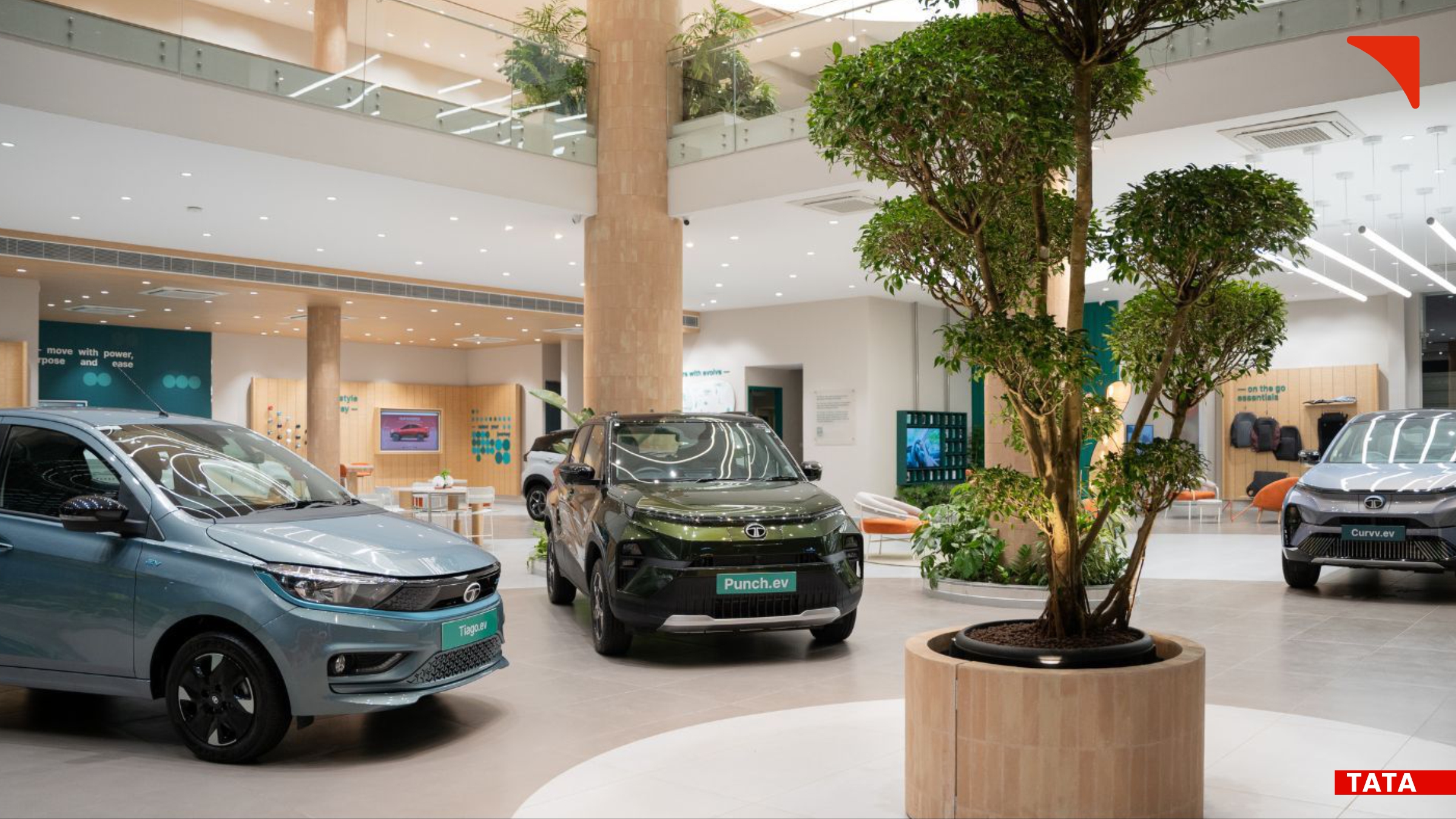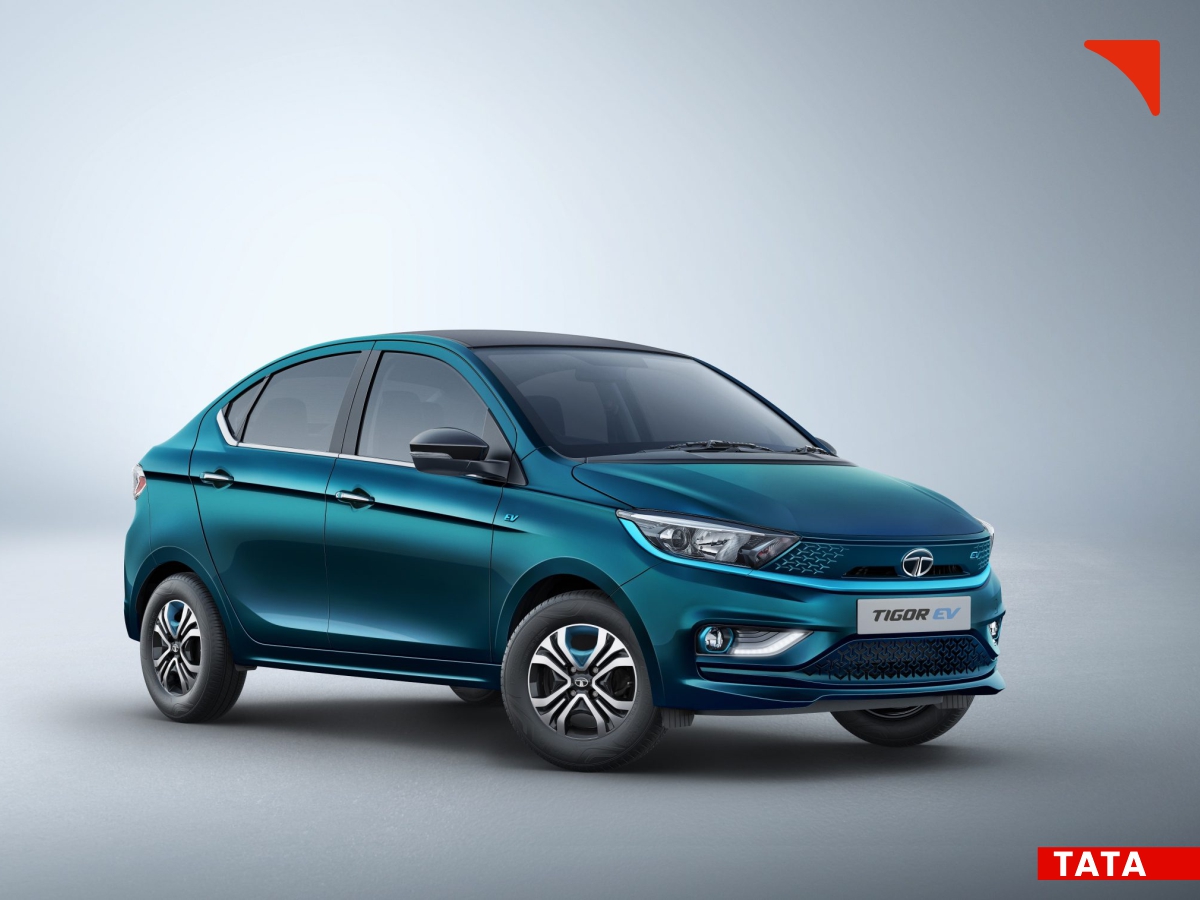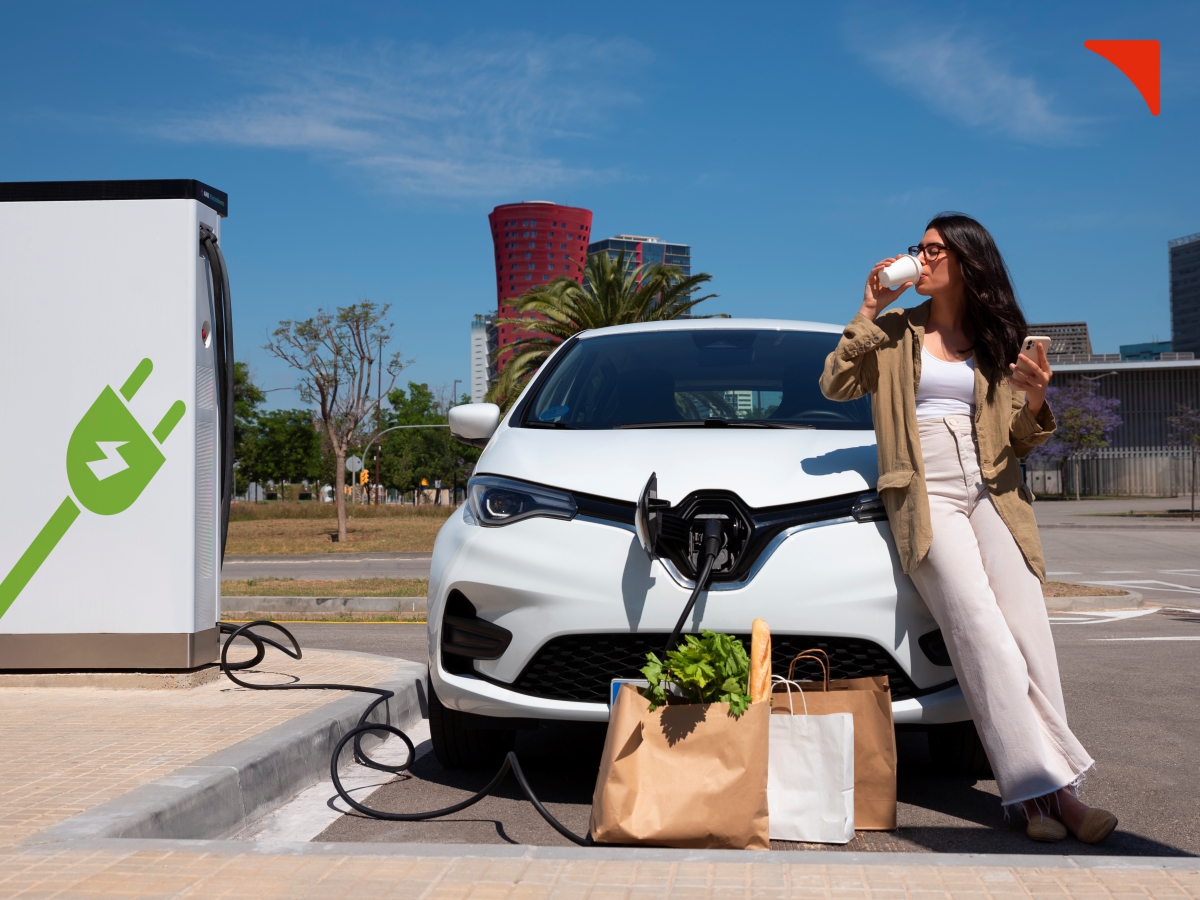THE CURIOUS CASE FOR A DISTINCT RETAIL SHOP DESIGN FOR EVS

The shared economy is rising, do EV brands need to rethink their retail shop design?
Pollution isn't just an environmental crisis - it reflects our collective choices and priorities.
The priorities were different back in the day. In the earlier industrial age, the focus was on 'moving humans', and during the world wars, it shifted to 'destroying humans'. In our relentless industrious pursuit, however, we had overlooked the fragile balance of nature. Now, as the consequences of our actions become undeniable, a question arises - could the same ingenuity forge a cleaner, sustainable world?
The onus of answering that question was felt by the global transportation industry, which accounts for about 16% of all carbon dioxide emissions worldwide. They are under pressure to innovate - address climate change, reduce dependence on fossil, and meet the evolving consumer's needs
Parallelly, governments worldwide are setting ambitious goals to phase out 'polluting' vehicles. For instance, the European Union has put the hammer down on ICE vehicles, banning their sale by 2035. The Indian government is also responding by implementing EV30@30, an initiative to have an EV penetration of 30% by 2030.
Automakers have also risen to the challenge by collectively investing over $1.2 trillion globally in EV production, battery technology, and charging infrastructure.
Millennials and Gen Z are making more thoughtful choices, emerging as eco-conscious decision-makers (64% of Gen Z are willing to pay more to purchase environmentally sustainable products) and driving demand for cleaner, greener products.
But electrification isn't just about chucking ICE for a motor and some batteries. It represents a seismic shift in how vehicles are designed, marketed, and experienced.
The case for a distinct EV identity

As the EV market grows, pushed and pulled by various factors, it demands a distinct approach to shop design that separates itself from the conventions of 'traditional' vehicles. Sure, EVs are set to become the dominant choice of mobility, aka a commodity, but that day is still far. Right now, EVs need to get a foot in the door by symbolizing innovation, sustainability, and a future-focused lifestyle.
TATA, holding the flag for the EV revolution in India, has gotten itself off the mark with TATA.ev, a separate identity from their traditional passenger. But that begs the question, why?
The decision to create TATA.ev stemmed from an understanding that EVs aren't merely vehicles; they're a promise of a sustainable future, connected future.
And here's why you should too

- Sustainability as a core value: EVs are inherently linked to environmental consciousness, and a separate identity can more authentically champion the 'green cause'.
- Technological differentiation: EVs are future mobility solutions, and therefore, come packed with tomorrow's features like autonomous driving capabilities, battery management systems, and connected car tech. A separate identity, possible by crafting experiential retail solutions, would allow manufacturers to position these innovations as USPs, setting them apart from 'conventional' vehicles.
- Targeting new demographics: In most markets, EV buyers skew younger, are tech-savvy, and prioritize experiences over possessions. Crafting an EV-specific retail brand strategy lets companies tailor their messaging to this audience, emphasizing themes like innovation, connectivity, and sustainability.
- Avoiding brand dilution: A separate identity ensures that messaging for EVs doesn't conflict with or dilute the legacy of a brand's existing lineup. This clarity allows manufacturers to build credibility in the EV space without compromising their traditional offerings.
The road ahead

Tata Motors' decision to create TATA.ev serves as a blueprint for others in the industry. As the EV revolution accelerates, brands need to realize that a separate identity isn't just about aesthetics or marketing - it's about future-proofing their business.
By partnering up with experiential retail agencies to establish distinct EV brands, automakers can better address the evolving needs of consumers, differentiate themselves in a competitive environment, and align with the global shift towards sustainability.